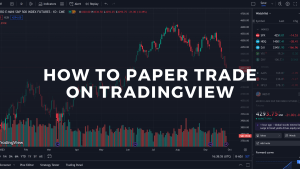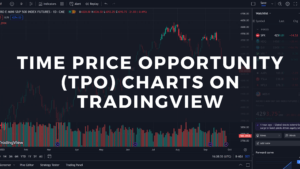There are many clichés out there about what it takes to be a trader and what the “ideal” personality of a trader looks like. Most of what has been written is of little value because it is too general and does not focus on the different nuances of profitable trading. Black and white thinking can be misleading and the character traits necessary are generally not that clear-cut; it’s a fine line between losing and winning and the following comparison shows the different nuances.
Confidence without ego
Confidence describes the ability to follow your trading rules and to believe in your system. The degree to which you can quantify your trading edge enables you take trades as you see them without hesitation or doubt. When traders with a high level of confidence also have a big ego, things can become dangerous. Trading with ego means that you believe you have superior abilities when it comes to picking good trades which then leads to emotional trade attachment.
Whereas confidence is required, ego is a character trait that is hindering.
“There are old traders and there are bold traders, but there are very few old, bold traders.” – Ed Seykota
Humbleness without fear
Being humble means that you accept that you don’t know what is going to happen and that you have no control over the outcome. A humble trader follows his trading system but understands that even the best setup can and will fail over and over again.
Humbleness can easily change into fear and fear has to be avoided to make good trading decisions. A trader that constantly fears that he could end up with a losing trade will often miss good trading opportunities.
“In this business if you’re good, you’re right six times out of ten. You’re never going to be right nine times out of ten.” – Peter Lynch
Flexibility without sloppiness
A trader has to be flexible and open-minded. Flexibility allows a trader to change his sentiment when he sees clear signs that the market is turning and that his previous trade idea is invalid. It’s a fine line between flexibility and sloppiness; a sloppy trader constantly changes his mind, does not know what he is looking for and typically trades without a trading plan.
Risk-taking without gambling
Trading is taking risk and as a trader you are constantly risking money, hoping to achieve a positive return. A gambler, on the other hand, trades for the excitement and entertainment. A gambler is characterized by his indifference towards losses and he does not actively study and work on his trading skills.
The risk taker looks for high probability setups and avoids trades where his risk can’t be managed or where he does not have an edge.
“At the end of the day, the most important thing is how good you are at risk control.” – Paul Tudor Jones
Analytic thinking without getting lost in the detail
Numbers, math, statistics and probabilities are the daily companions of traders. Filtering out trades with a negative expectancy, calculating position size and evaluating risk based on performance metrics has to be done on the fly every day. However, the belief that more knowledge leads to better trading decisions can misleading.
Focusing on the things that can really help your trading and understanding where you are in your trader journey is important. There is usually little value getting lost in the details of risk management if you are still struggling with discipline and still make amateur mistakes.
Passion vs. money
A trader who is driven by passion and enjoys the daily challenges with the markets has a very different approach and mindset. A passionate trader acts within the process-oriented mindset where he focuses on making the best trading decisions possible. The money driven trader is not interested in making improvements and developing a good trading strategy. He is not in it for the long term which leads us to the next point.
“The secret to being successful from a trading perspective is to have an indefatigable and an undying and unquenchable thirst for information and knowledge.” – Paul Tudor Jones
Long-term vs. short-term thinking
The professional traders see trading as a profession and often compare it to a business operation. The amateur traders, on the other hand, see trading as an easy way to make a lot of money in a short period of time. The problem with that is when amateurs encounter problems and are faced with challenges, they are much more likely to give up.
Embrace the challenge, think of trading like a long-term business operation and avoid day-dreaming about double digit returns week after week. A realistic perspective and a long-term commitment are the keys to trading success and it helps you not to burn out.
“Short-term thinking is causing long-term failure.” – unknown
There is a risk of loss in futures trading. Past performance is not indicative of future results.















